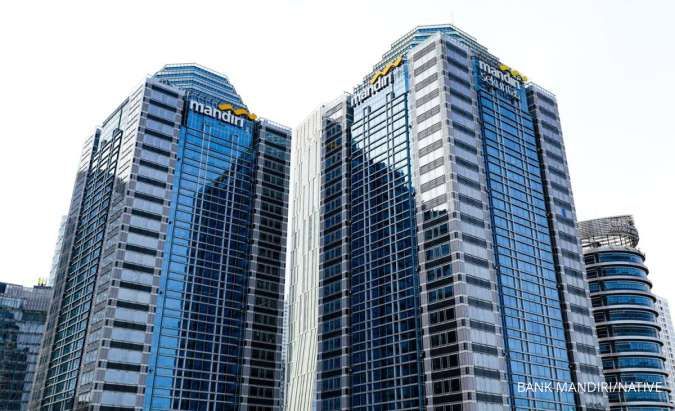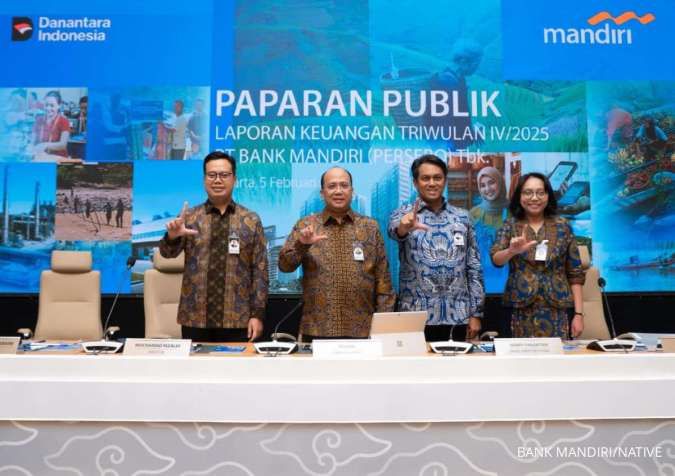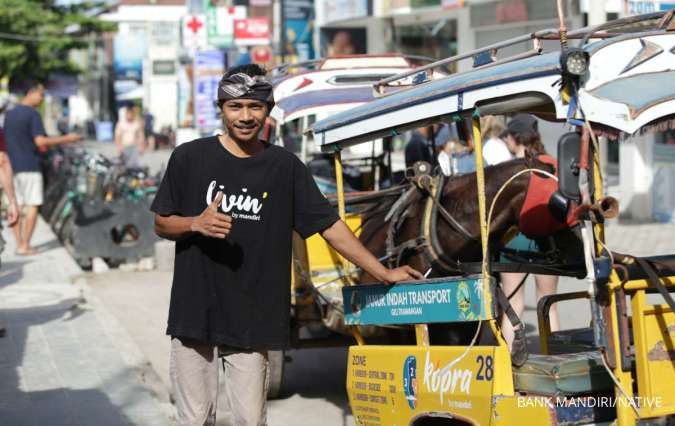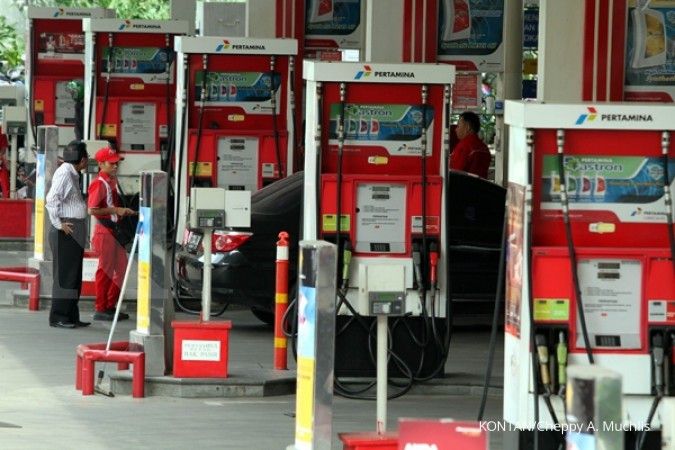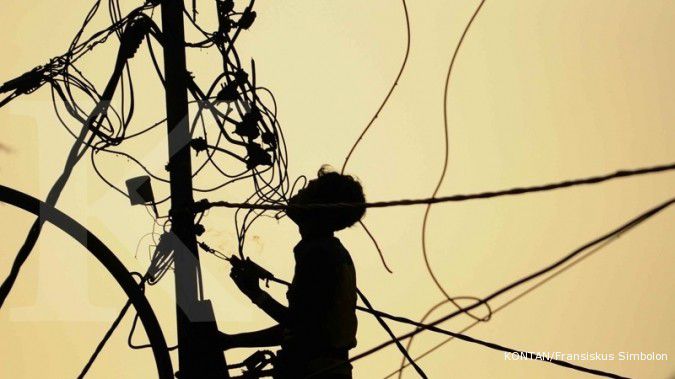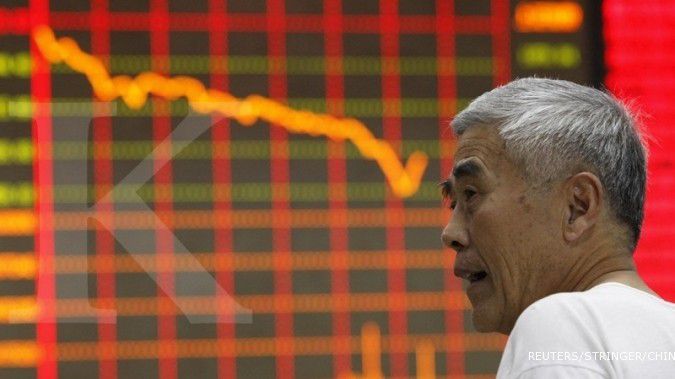JAKARTA. The government has decided to reform its rice for the poor (raskin) program for the 16th consecutive year by trialling access to the program through the possession of a Social Protection Card (KPS). Safri Burhanuddin, the assistant deputy of social benefits for the Office of the Coordinating People’s Welfare Minister, said on Tuesday that under the improved program, the government would only sell subsidized rice to the bottom 25 percent of earners. “The raskin rice is meant to benefit poor and economically vulnerable households. It is not to supposed to be distributed to middle-class families,” he said. This year, the government is expected to spend about Rp 18.8 trillion (US$1.6 billion) on the program, which will support 15.5 million qualifying households. Participating families would pay just Rp 1,600 per kilogram of rice. Under the reformed program, the government has developed a distribution mechanism that uses the KPS to determine household eligibility. “By using the KPS, the government is attempting to ensure that the monthly deliveries of 15 kg of rice go to those who really need it,” he said. The KPS is an identity card that allows poor families to access a number of social welfare programs. Recognizing the potential for social mobility, the government has strived to update its database of household information through village council meetings. Sarwat Fardaniyah, subdivision head of identification and analysis at the Social Affairs Ministry’s directorate of rural poverty reduction, said that the village meetings would verify the list of beneficiary households and replace those that were no longer entitled to the program with others in need. Sarwat blames irregularities in recent years on the lack of engagement in monitoring and logistics funding among regional administrations. “Due to a lack of transportation and buying power, there are two regencies that have declined to use the raskin program,” Sarwat said, referring to Mukomuko in Bengkulu province, and Malinau in North Kalimantan province. The government elected to reform the program in response to a probe by the Corruption Eradication Commission (KPK) into the program’s irregularities, the results of which were announced last April. Earlier, Coordinating People’s Welfare Minister Agung Laksono had said that the government would come up with an action plan to jump start a redesign of the raskin program within 30 days of the KPK’s probe results. Even so, Safri said that the reform initiative was carried out independent of the KPK’s findings. “[All the issues] the KPK raised are well known, but they are still interesting to note,” he said. (tjs)
Govt to spend Rp 18.8 trillion on rice subsidies
JAKARTA. The government has decided to reform its rice for the poor (raskin) program for the 16th consecutive year by trialling access to the program through the possession of a Social Protection Card (KPS). Safri Burhanuddin, the assistant deputy of social benefits for the Office of the Coordinating People’s Welfare Minister, said on Tuesday that under the improved program, the government would only sell subsidized rice to the bottom 25 percent of earners. “The raskin rice is meant to benefit poor and economically vulnerable households. It is not to supposed to be distributed to middle-class families,” he said. This year, the government is expected to spend about Rp 18.8 trillion (US$1.6 billion) on the program, which will support 15.5 million qualifying households. Participating families would pay just Rp 1,600 per kilogram of rice. Under the reformed program, the government has developed a distribution mechanism that uses the KPS to determine household eligibility. “By using the KPS, the government is attempting to ensure that the monthly deliveries of 15 kg of rice go to those who really need it,” he said. The KPS is an identity card that allows poor families to access a number of social welfare programs. Recognizing the potential for social mobility, the government has strived to update its database of household information through village council meetings. Sarwat Fardaniyah, subdivision head of identification and analysis at the Social Affairs Ministry’s directorate of rural poverty reduction, said that the village meetings would verify the list of beneficiary households and replace those that were no longer entitled to the program with others in need. Sarwat blames irregularities in recent years on the lack of engagement in monitoring and logistics funding among regional administrations. “Due to a lack of transportation and buying power, there are two regencies that have declined to use the raskin program,” Sarwat said, referring to Mukomuko in Bengkulu province, and Malinau in North Kalimantan province. The government elected to reform the program in response to a probe by the Corruption Eradication Commission (KPK) into the program’s irregularities, the results of which were announced last April. Earlier, Coordinating People’s Welfare Minister Agung Laksono had said that the government would come up with an action plan to jump start a redesign of the raskin program within 30 days of the KPK’s probe results. Even so, Safri said that the reform initiative was carried out independent of the KPK’s findings. “[All the issues] the KPK raised are well known, but they are still interesting to note,” he said. (tjs)
